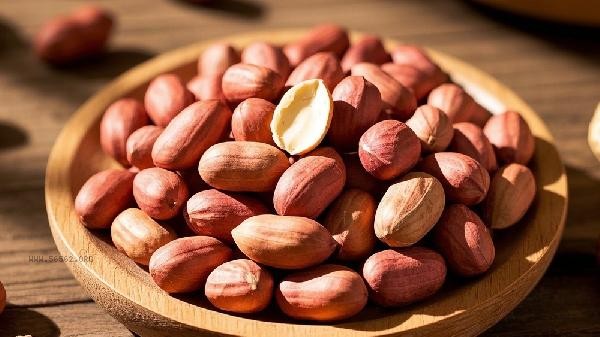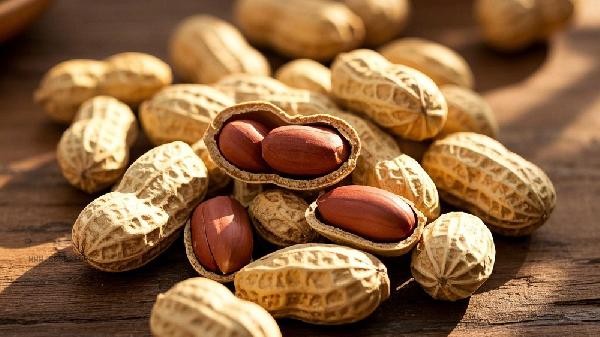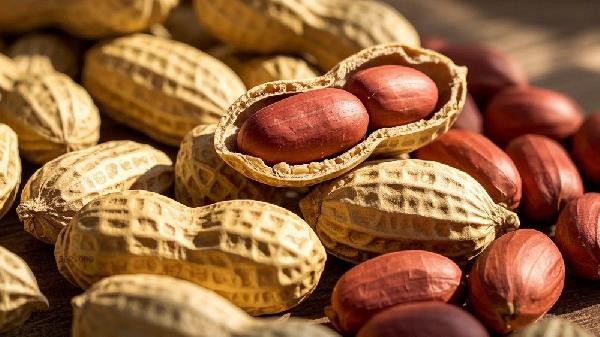Peanuts can be consumed in moderation between meals to aid weight loss, but the intake should be controlled. Peanuts are rich in high-quality protein and dietary fiber, which can help increase satiety, but their high calorie content requires attention to the timing and amount of consumption. As a nutty food, peanuts have a high content of dietary fiber, which can slow down gastric emptying. Eating them during the meal time around 10am or 4pm can effectively alleviate hunger and reduce the amount of food consumed during regular meals. The unsaturated fatty acids and plant sterols in peanuts can regulate blood lipid metabolism, but it is recommended to control the daily intake within 15-20 grains to avoid excessive calorie intake. The best way to consume is to choose raw peanuts in their original flavor and avoid processing methods such as salt baking and deep frying that add extra calories.

Some people who consume raw peanuts on an empty stomach may stimulate the gastrointestinal mucosa, causing bloating and discomfort. Patients with gallbladder disease or chronic pancreatitis may experience abdominal pain due to the fat in peanuts. People with peanut allergies may experience skin itching or respiratory symptoms, and they should completely avoid consumption. It is not advisable to consume it within three hours before bedtime at night to avoid fat accumulation that may affect weight loss. During weight loss, peanuts can be paired with sugar free yogurt or fresh vegetables to balance nutrition and prolong satiety. Suggest combining aerobic exercise and strength training to achieve healthy weight loss through daily calorie deficit. Pay attention to weight changes. If the expected effect is not achieved for two consecutive weeks, the overall dietary structure needs to be reassessed, and if necessary, consult a nutritionist to adjust the plan.











Comments (0)
Leave a Comment
No comments yet
Be the first to share your thoughts!